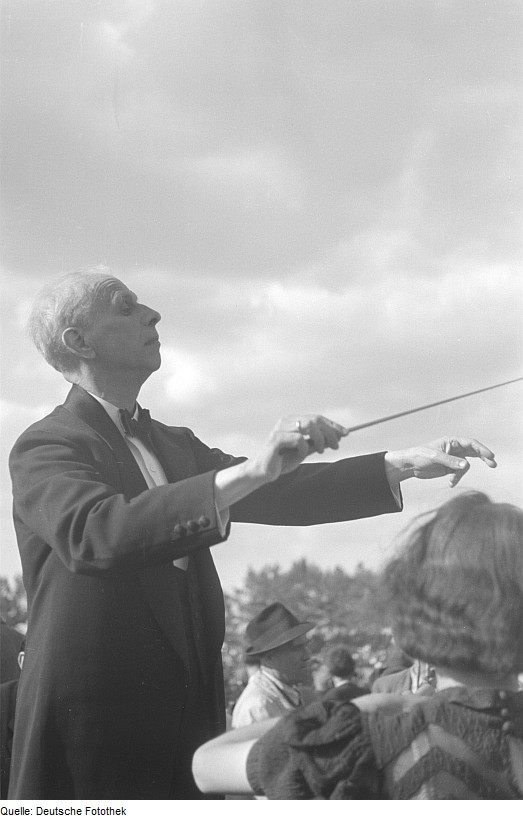Felix Lederer on:
[Wikipedia]
[Google]
[Amazon]
 Felix Lederer (25 February 1877 – 26 March 1957) was a Czech musician and
Felix Lederer (25 February 1877 – 26 March 1957) was a Czech musician and
 Felix Lederer (25 February 1877 – 26 March 1957) was a Czech musician and
Felix Lederer (25 February 1877 – 26 March 1957) was a Czech musician and conductor
Conductor or conduction may refer to:
Biology and medicine
* Bone conduction, the conduction of sound to the inner ear
* Conduction aphasia, a language disorder
Mathematics
* Conductor (ring theory)
* Conductor of an abelian variety
* Cond ...
.
Career
As a student, Lederer studied at thePrague Conservatory
The Prague Conservatory () is a public music school in Prague, Czech Republic, founded in 1808. Currently, the school offers four- or six-year courses, which can be compared to the level of a high school diploma in other countries. Graduates c ...
, where he was in a student of Antonín Dvořák
Antonín Leopold Dvořák ( ; ; 8September 18411May 1904) was a Czech composer. He frequently employed rhythms and other aspects of the folk music of Moravia and his native Bohemia, following the Romantic-era nationalist example of his predec ...
, and at the Gesellschaft der Musikfreunde
The (), also known as the (German for 'Viennese Music Association'), is an Austrian music organization that was founded in 1812 by Beethoven’s friend Joseph Sonnleithner, general secretary of the Court Theatre in Vienna, Austria.
Overview
...
(Society of Music Friends). His professional career started in 1897 when he was engaged as a répétiteur
A (; from the French verb meaning 'to repeat, to go over, to learn, to rehearse') is an accompanist, tutor or coach of ballet dancers or opera singers. The feminine form is .
Opera
In opera, a is the person responsible for coaching singers ...
by the Stadttheater in Breslau. Lederer held the post until 1899 when, during the fall, he took the post of second conductor at the Städtischen Bühnen Nürnberg (today the Staatstheater Nürnberg
The Staatstheater Nürnberg is a German theatre company in Nuremberg, Bavaria. The theatre is one of four Bavarian state theatres and shows operas, plays, ballets and concerts.
History
Its main venue, the opera house ("Opernhaus Nürnberg"), i ...
). In 1903 he was engaged as head Kapellmeister
( , , ), from German (chapel) and (master), literally "master of the chapel choir", designates the leader of an ensemble of musicians. Originally used to refer to somebody in charge of music in a chapel, the term has evolved considerably in i ...
of the Stadttheater Augsburg
Augsburg ( , ; ; ) is a city in the Bavaria, Bavarian part of Swabia, Germany, around west of the Bavarian capital Munich. It is a College town, university town and the regional seat of the Swabia (administrative region), Swabia with a well ...
where he stayed for two years.
From 1905 to 1908, Lederer worked in Barmen
Barmen is a former industrial metropolis of the region of Bergisches Land, Germany, which merged with four other towns in 1929 to form the city of Wuppertal.
Barmen, together with the neighbouring town of Elberfeld founded the first electric ...
at the opera house and state theater. From 1908 to 1910, he directed at the state theater of Bremen
Bremen (Low German also: ''Breem'' or ''Bräm''), officially the City Municipality of Bremen (, ), is the capital of the States of Germany, German state of the Bremen (state), Free Hanseatic City of Bremen (), a two-city-state consisting of the c ...
. He then moved to the National Theatre Mannheim
The Mannheim National Theatre () is a theatre and opera company in Mannheim, Germany, with a variety of performance spaces. It was founded in 1779 and is one of the oldest theatres in Germany.
History
In the 18th century Mannheim was the cap ...
, where he was the general music director of the opera until 1922. During this time he also conducted concerts at the Mannheim Musikverein concerts. In 1922 Lederer moved to Saarbrücken
Saarbrücken (; Rhenish Franconian: ''Sabrigge'' ; ; ; ; ) is the capital and largest List of cities and towns in Germany, city of the state of Saarland, Germany. Saarbrücken has 181,959 inhabitants and is Saarland's administrative, commerci ...
where he remained until 1935, at which time he was banned from performance by the Nazi Reichskulturkammer
The Reich Chamber of Culture (''Reichskulturkammer'', abbreviated as RKK) was a government agency in Nazi Germany. It was established by law on 22 September 1933 in the course of the '' Gleichschaltung'' process at the instigation of Reich Minist ...
for being Jewish
Jews (, , ), or the Jewish people, are an ethnoreligious group and nation, originating from the Israelites of History of ancient Israel and Judah, ancient Israel and Judah. They also traditionally adhere to Judaism. Jewish ethnicity, rel ...
.
In 1946, Lederer was offered a professorship at the Berlin University of the Arts
The Universität der Künste Berlin (UdK; also known in English as the Berlin University of the Arts), situated in Berlin, Germany, is the second largest art school in Europe. It is a public art and design school, and one of the four research uni ...
. There he was a professor of conducting and a director of the opera school until 1952, at which time he devoted all of his energy to conducting. He continued to perform as a successful concert conductor until his death in 1957.
References
* 1877 births 1957 deaths Czech classical composers Czech male classical composers Czech conductors (music) Czech male conductors (music) Jewish classical musicians Prague Conservatory alumni Academic staff of the Berlin University of the Arts {{classical-musician-stub